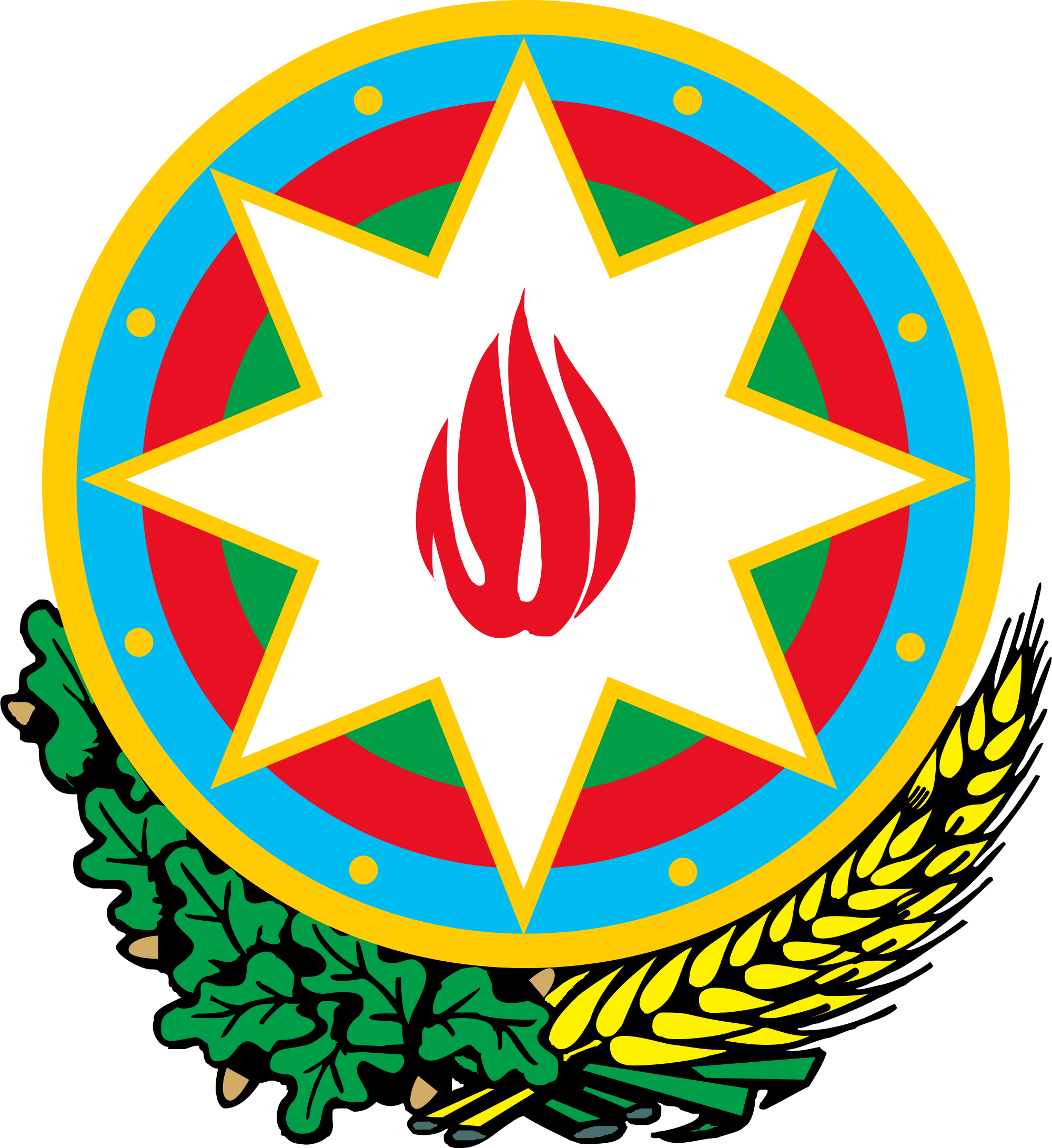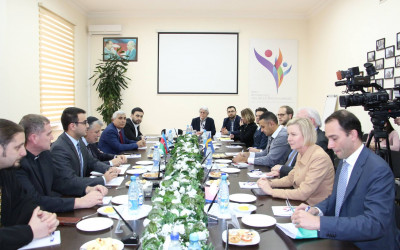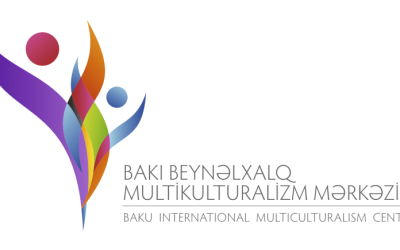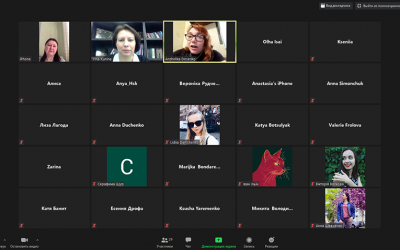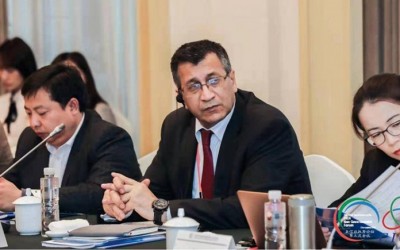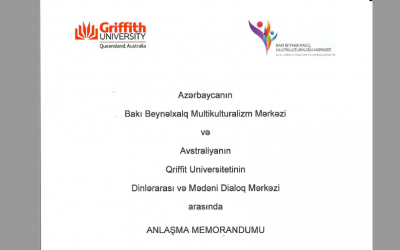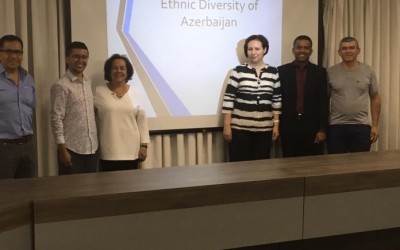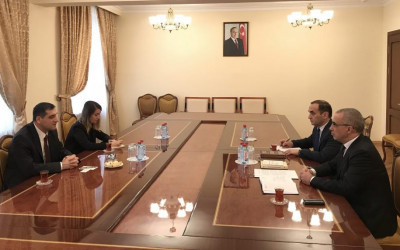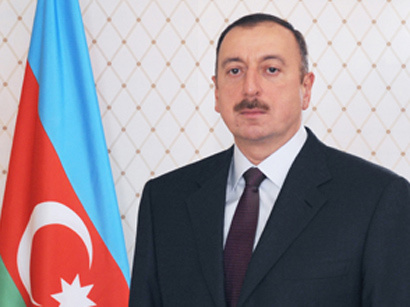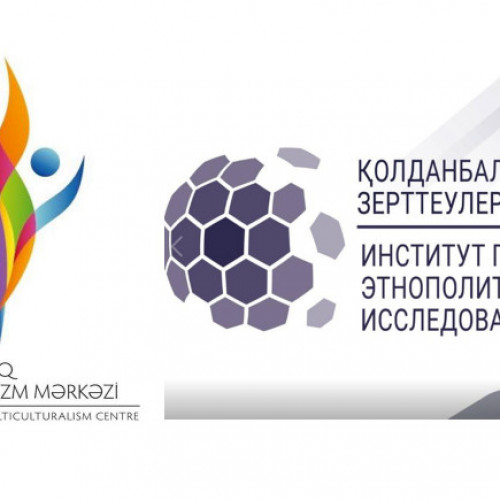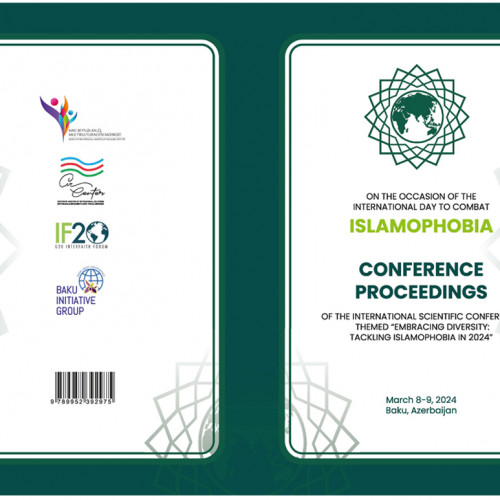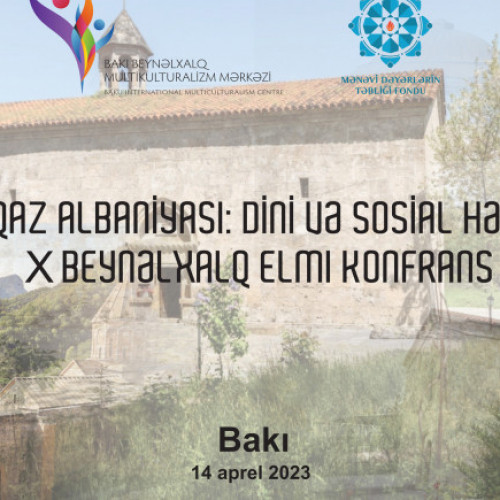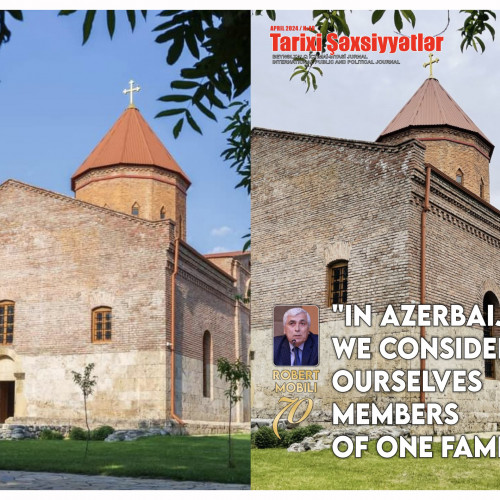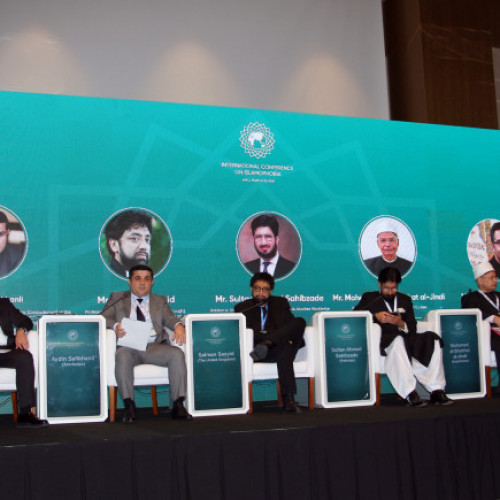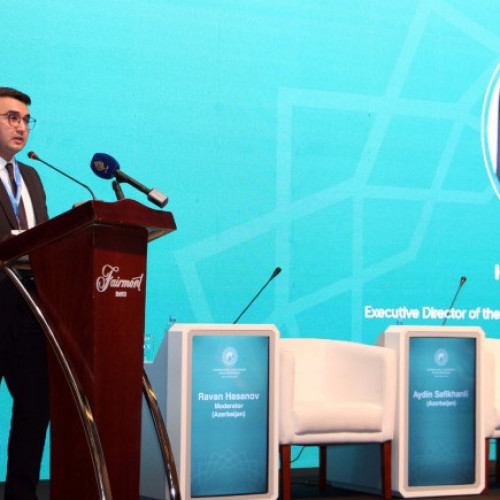Interview: Azerbaijan's cultural heritage destroyed in Karabakh
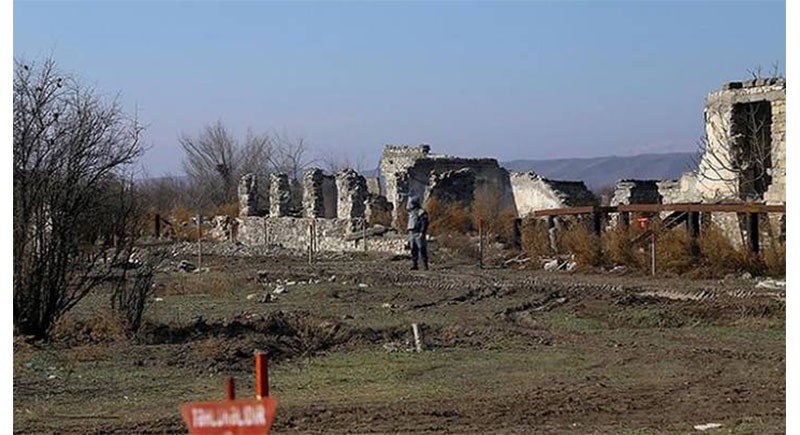
Can the diversity of the Karabakh region be guaranteed during the reconstruction by Azerbaijan and can all cultural sites really be protected?
Karabakh has been one of the cultural centers of Azerbaijan throughout history. This historical area was occupied by Armenia in the early 1990s. After that, attempts were made to completely eradicate Azerbaijan's cultural heritage from the region. In the past 30 years, in addition to ethnic cleansing of the Karabakh Azerbaijanis, their culture has also been subjected to genocide. Eventually, Azerbaijan restored historical justice by liberating its occupied territories. Since then, our main task has been to carry out construction work all over Karabakh so that the Azerbaijani IDPs can return to their homeland as quickly as possible. Azerbaijan is historically linked to the traditions of multiculturalism - and this policy forms our state policy today. This is of course also implemented in Karabakh. In Azerbaijan, all religions coexist freely. Religious cultural sites are built, restored and protected by the state. Existing religious centers in Karabakh are being returned to their rightful owners, mosques and churches that have been destroyed or in need of renovation are being restored, and sites that have been culturally forcibly converted are being returned to their roots. Despite the fact that Armenia has been committing war crimes in disregard of the norms and principles of international law for almost 30 years, no activity by the Azerbaijani state has been directed against any nation or culture. The most obvious example of this is that Armenians still live freely in Azerbaijan. There was no pressure on them at any time. The Armenian Church in the center of Baku and the Armenian-language literature in this place of faith have also been preserved and even restored by the state. This approach stems from the importance Azerbaijan attaches to intercultural and interreligious dialogue. So you can be sure that this will remain the case after the construction work in Karabakh.

How do you rate the latest statements and concerns from UNESCO on the protection of cultural heritage?
I don't really understand UNESCO's concerns and find the latest approach by this respected international organization to be a double standard. Azerbaijan is a country that works closely with UNESCO and is represented on many committees. It has adopted many international decisions by UNESCO and corresponding documents without hesitation. The protection of cultural heritage is always a sensitive issue - not just in the Caucasus, but around the world. During the 30-year occupation of the historical areas of Azerbaijan all historical and religious monuments were destroyed, with Azerbaijan repeatedly appealing to UNESCO to interfere and organize a mission in the Karabakh region. However, UNESCO did not do this with the argument that that it is not a political organization. But for some reason UNESCO today decides to carry out such a mission and get involved politically. That is extremely strange and absolutely contradicting! UNESCO is an intergovernmental organization and its attempt to establish or restore the political order of a particular state does not correspond to its mandate. The claim that Azerbaijan's cultural heritage is in danger is completely unfounded. So far, no cultural heritage has been destroyed or destroyed in Azerbaijan - this also applies to Armenian heritage. The Azerbaijani government continues to oppose such actions. If UNESCO really wants to go on a mission to Azerbaijan, we have no objection.
You stressed that Azerbaijan's cultural heritage in Karabakh has been destroyed or changed. What measures are planned in this regard in the future?
Of course, the current situation is first analyzed and documented. International organizations will also be involved in this work. After that, the material damage inflicted on Azerbaijan as a result of the occupation of Karabakh by Armenia will be calculated and submitted to international courts within the framework of the law. The Armenian side must provide compensation. The acts are based on and assessed according to international law. The war crimes must, however, be seen as the subject of international criminal law. Otherwise, it leads to lawlessness and further unnecessary violations of international law. The Azerbaijani side is currently working step by step in this direction. On the other hand, I can assure you that our destroyed cultural heritage in Karabakh will soon be restored so that the region can regain its old appearance as soon as possible, which it had before the occupation. All historical and religious monuments will be returned to their rightful owners after the restoration. There is no doubt about it: Azerbaijan will continue to adhere to the policy of multiculturalism.
Thank you for the interview!
Dr. Ravan Hasanov is the managing director of the Baku International Multiculturalism Center. The main goals of the facility include maintaining tolerance and ensuring cultural, religious and linguistic diversity in Azerbaijan.

